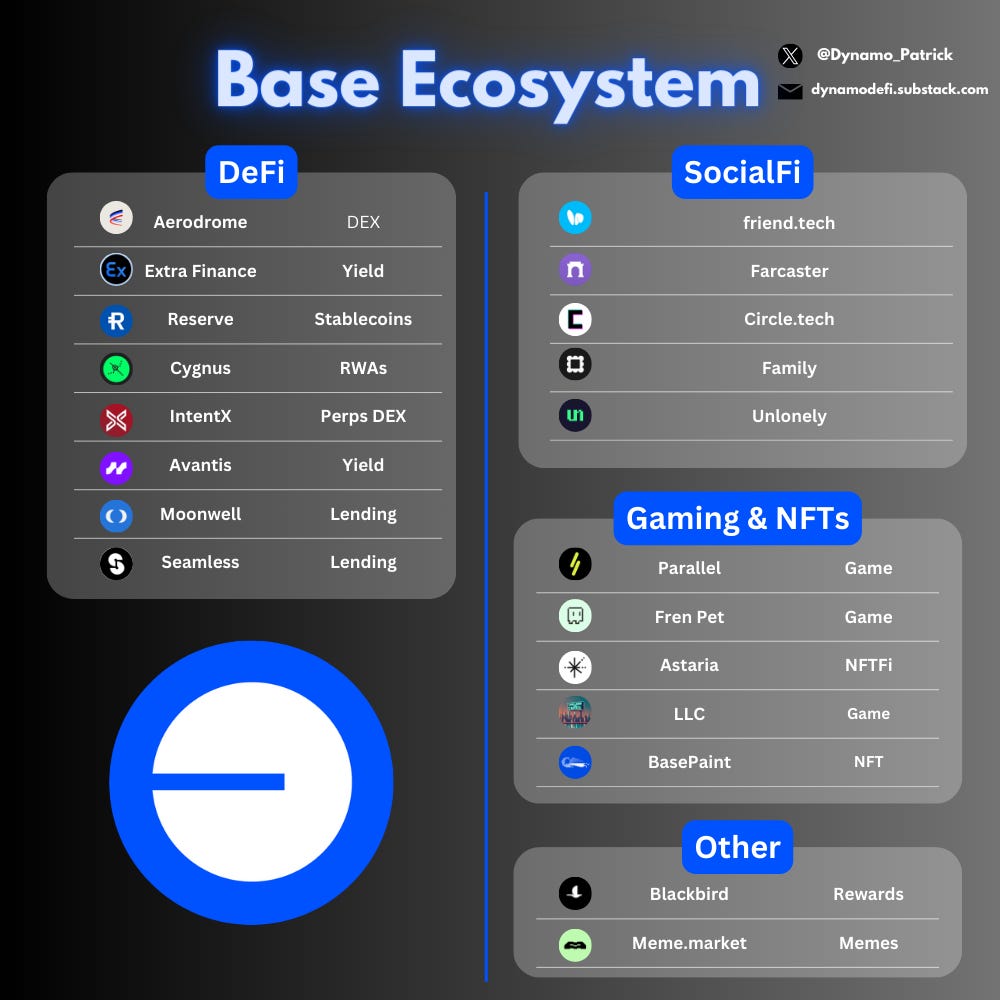Research Summary
- PayPal, in collaboration with Paxos, launched a USD-backed stablecoin called PYUSD on the Ethereum blockchain. It’s backed by U.S. dollar deposits and other cash equivalents, and it’s centralized, meaning PayPal can control various aspects of the token.
- Coinbase filed a motion to dismiss the SEC’s lawsuit, arguing that the cryptocurrencies it offers are not securities. The brief also defends Coinbase’s wallet application and staking services, making thoughtful arguments against the SEC’s allegations.
- The UK Treasury is considering empowering the Bank of England (BoE) for stablecoin regulation. A consultation paper suggests that the BoE could oversee prudential matters, while the Financial Conduct Authority would oversee conduct, indicating a proactive approach to digital currency regulation.
Actionable Insights
- Consider the Implications: PayPal’s launch of PYUSD signals a significant move in the fintech space, but its centralized nature may raise concerns. The outcome of Coinbase’s legal battle with the SEC could set a precedent for the crypto industry.
- Monitor Regulatory Developments: The UK’s potential move to empower the BoE for stablecoin regulation may influence other nations’ approaches to digital currency regulation. Keeping an eye on these developments could provide insights into the future landscape of digital payments.











